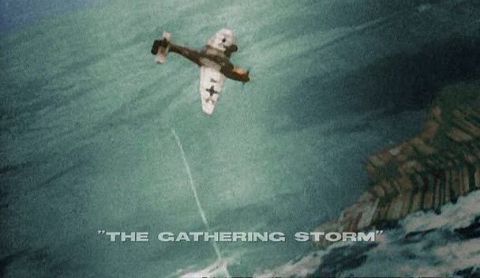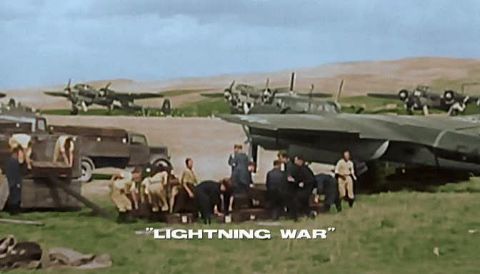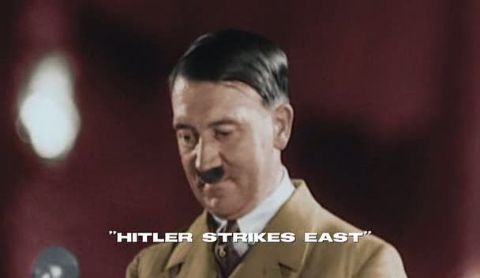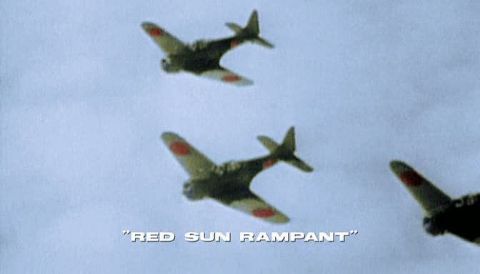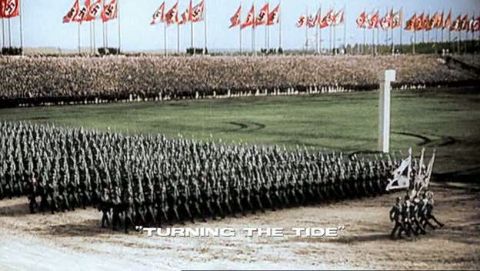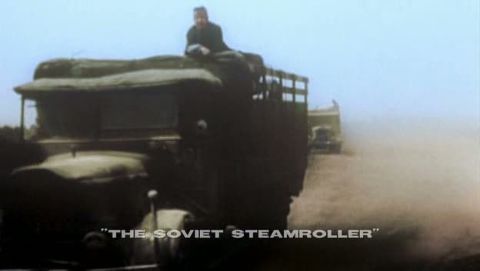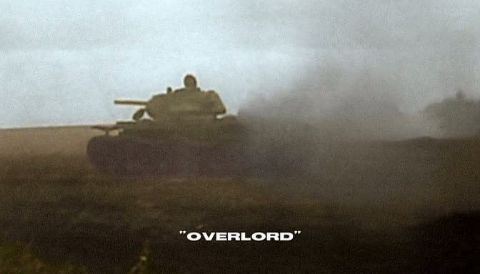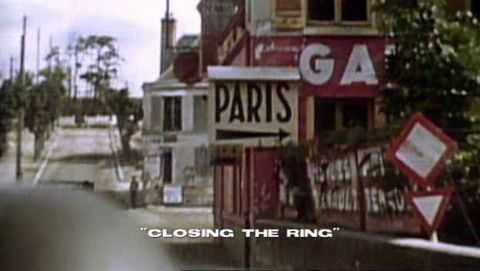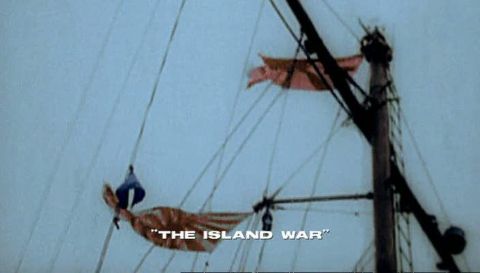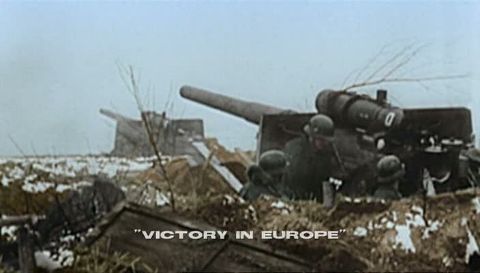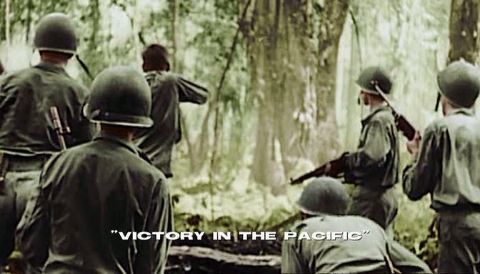The Gathering Storm • 2009 • episode "1/13" • World War II In HD Colour
The series starts with that great paradox. How could the settlement at the end of World War One - the 'war to end all wars' - lead to an even greater conflict just a few years later ? The answer is a tale with terrible resonancy today. This film shows how the Great Depression sapped the will of the democracies of the West to face up to a new and disturbing political phenomenon - the rise of militaristic dictators, in Germany, Italy, Japan and Spain. The result was that the major powers ignored all the warning signs and allowed the likes of Mussolini and above all Hitler to begin the course that would lead the world into catastrophe. The programme ends as Hitler plots his attack upon Poland.
Make a donation
Buy a brother a hot coffee? Or a cold beer?
Hope you're finding these documentaries fascinating and eye-opening. It's just me, working hard behind the scenes to bring you this enriching content.
Running and maintaining a website like this takes time and resources. That's why I'm reaching out to you. If you appreciate what I do and would like to support my efforts, would you consider "buying me a coffee"?
Donation addresses
BTC: bc1q8ldskxh4x9qnddhcrgcun8rtvddeldm2a07r2v
ETH: 0x5CCAAA1afc5c5D814129d99277dDb5A979672116
With your donation through , you can show your appreciation and help me keep this project going. Every contribution, no matter how small, makes a significant impact. It goes directly towards covering server costs.
